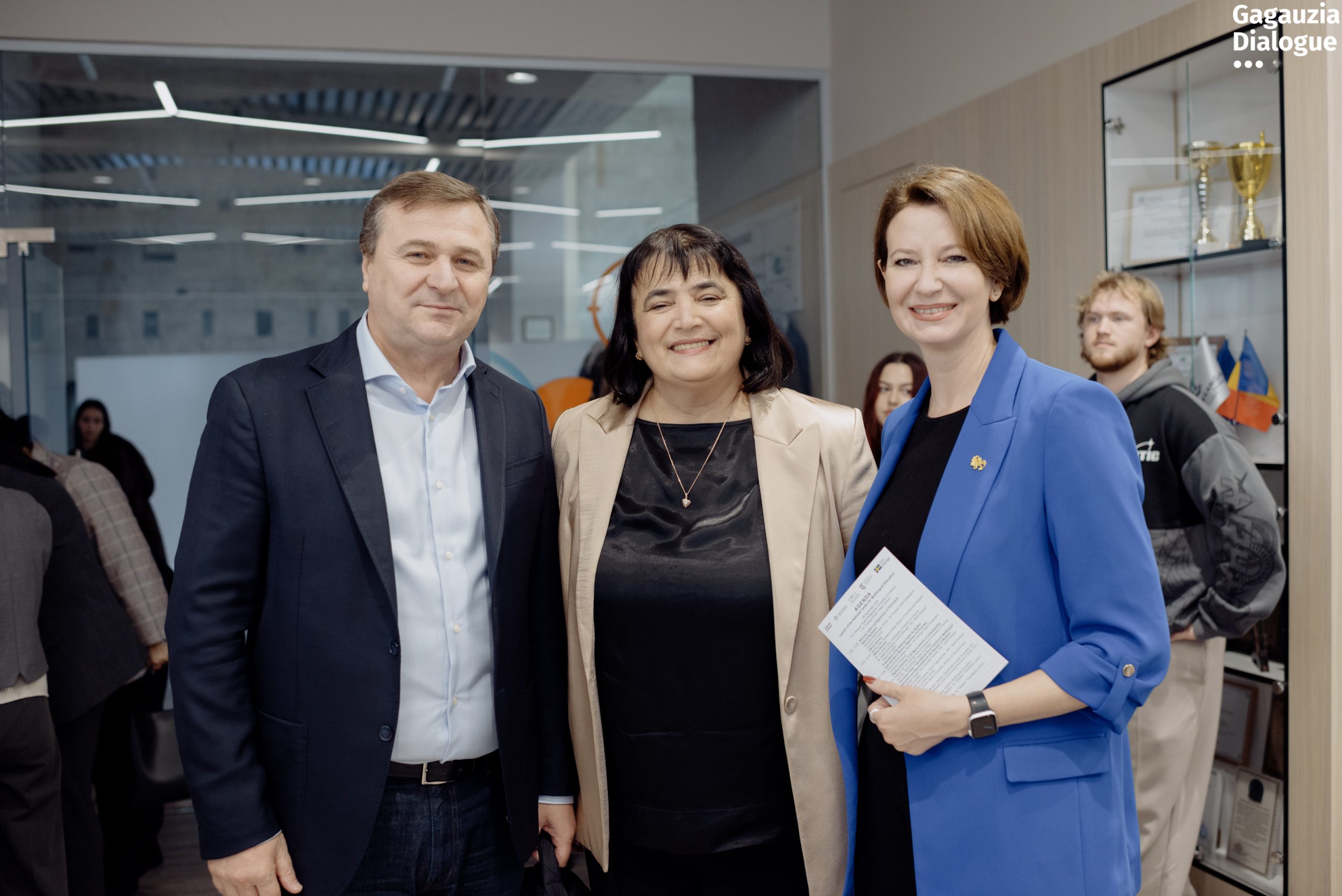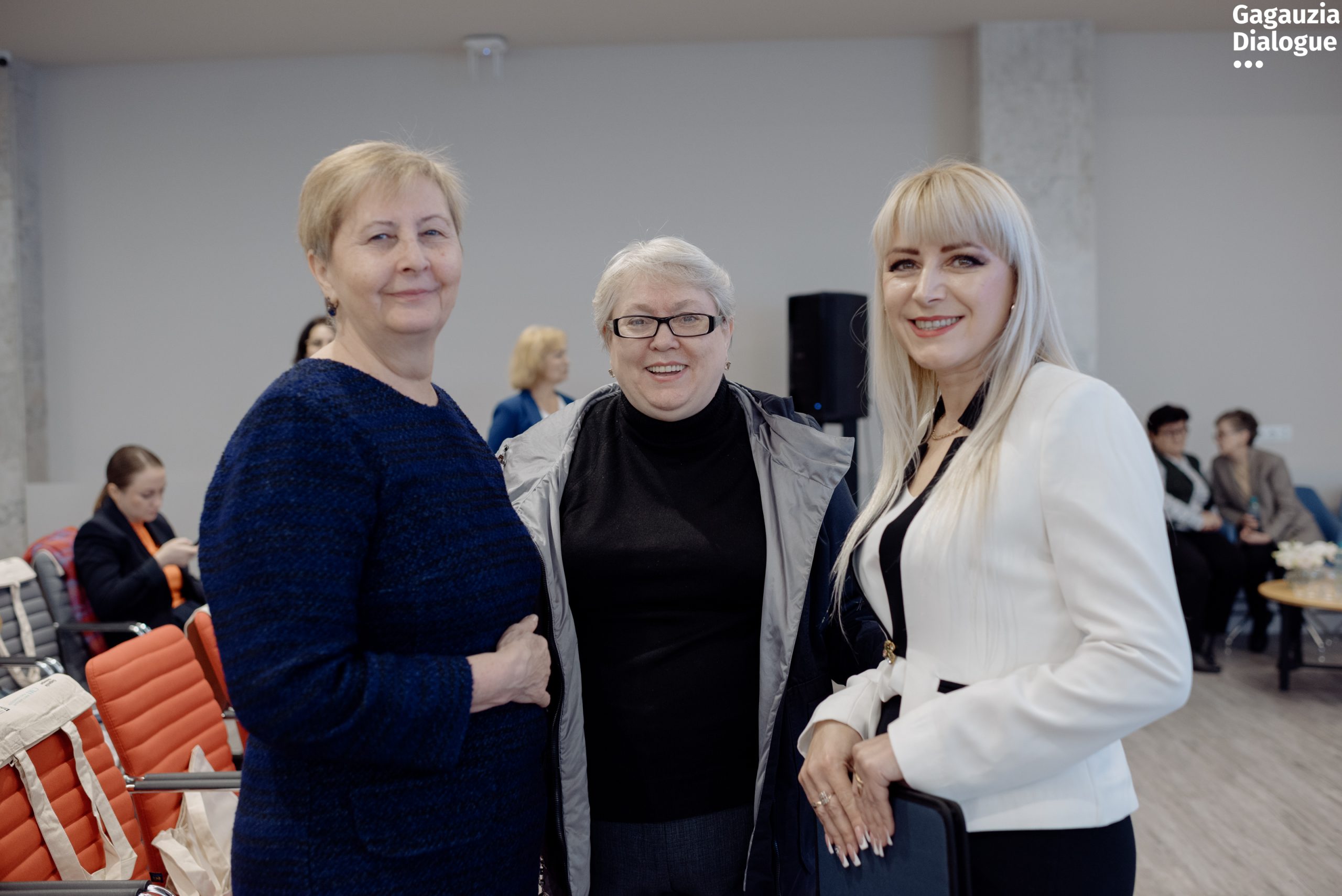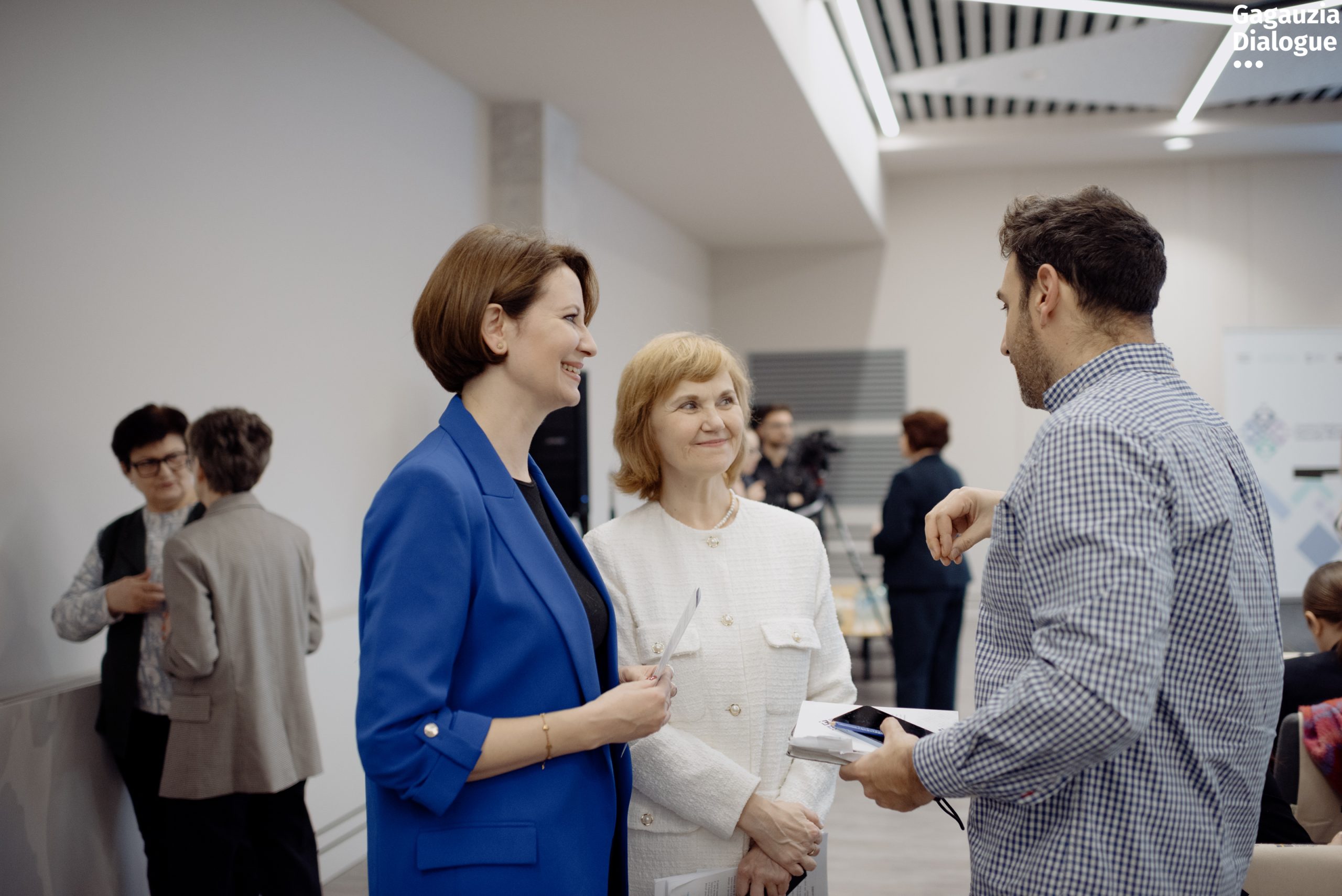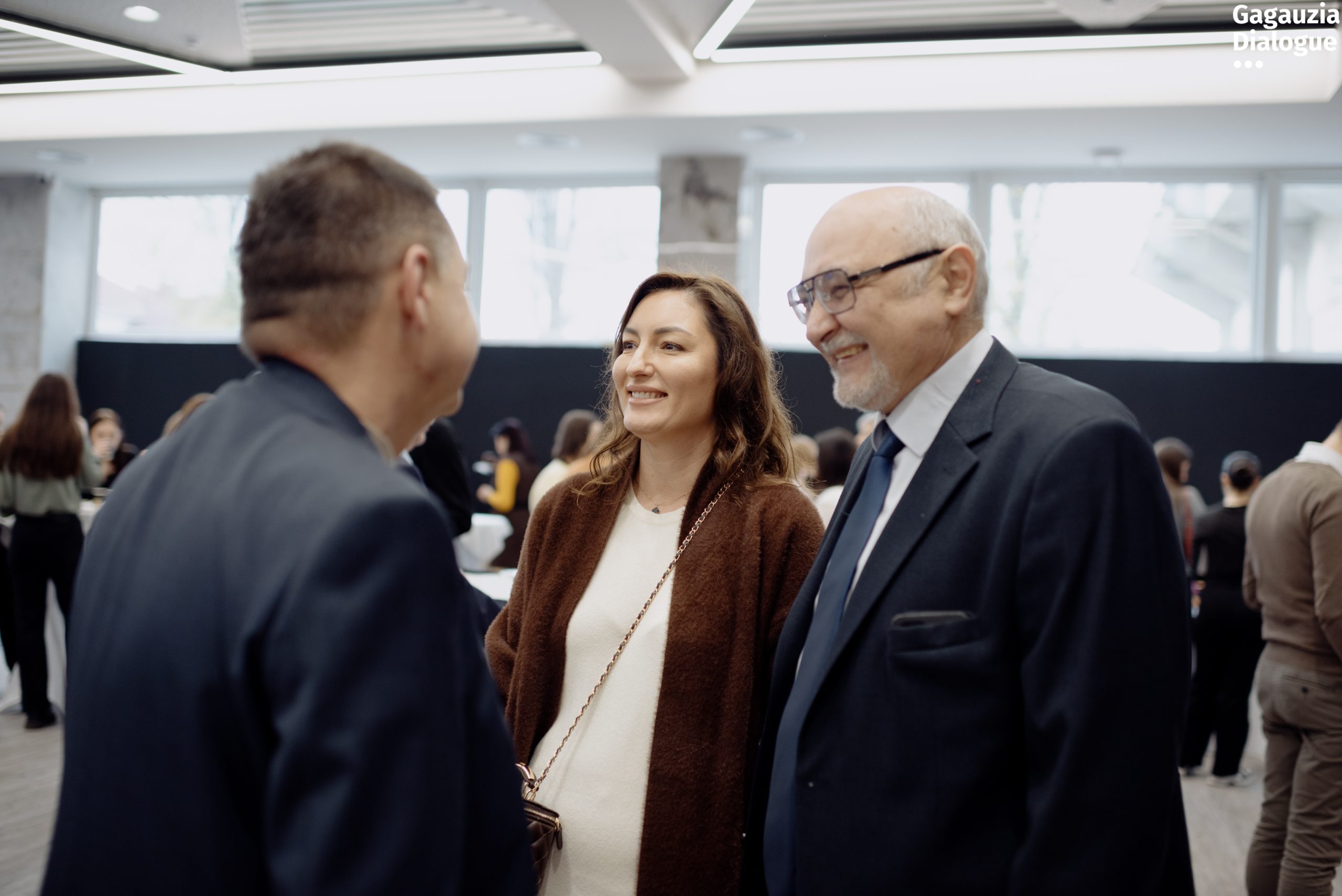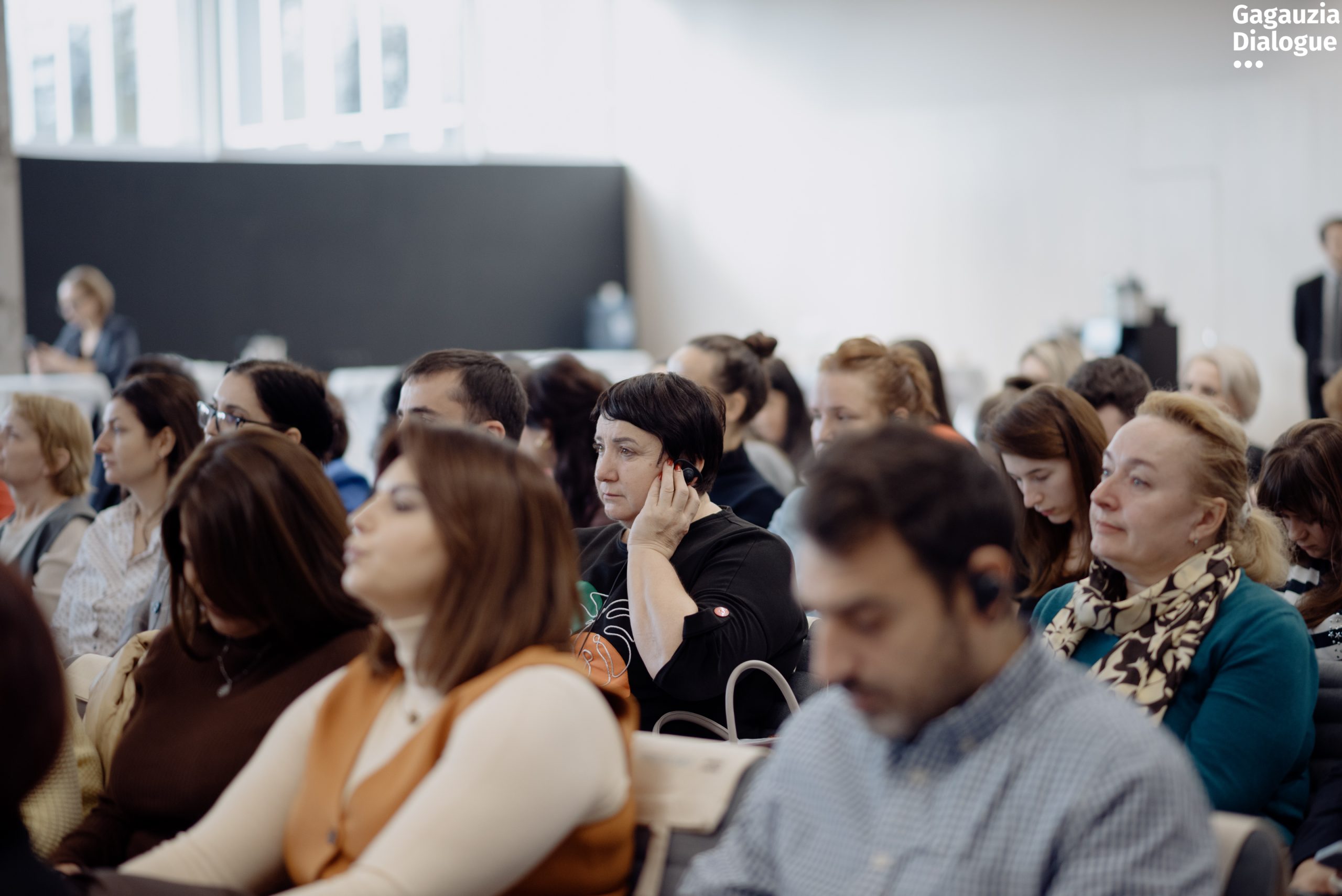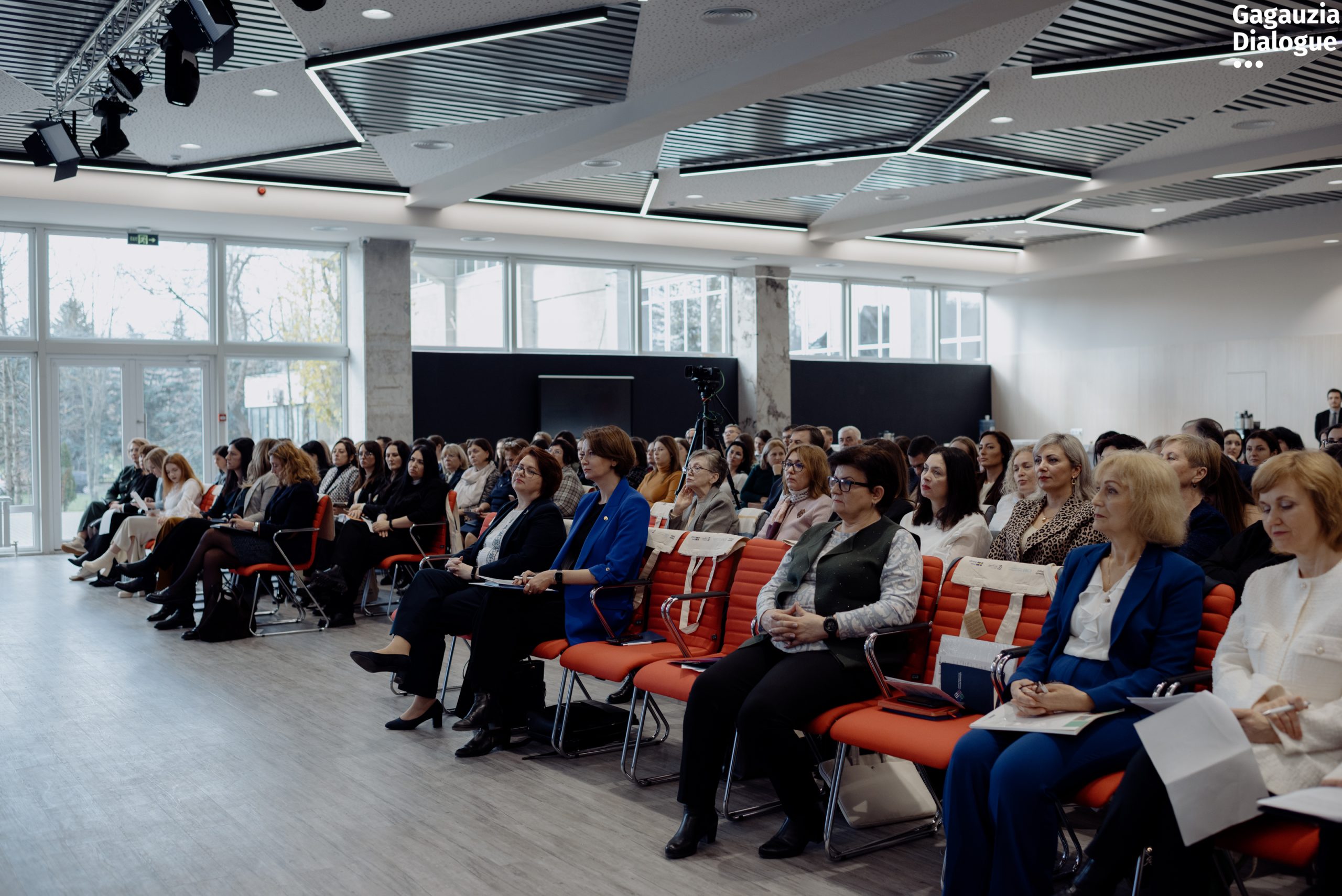Today, CMI – Martti Ahtisaari Peace Foundation, in partnership with the “Ion Creangă” State Pedagogical University in Chișinău, with the support of Sweden, launched the National Center for Multilingual Education – a national platform for training, research, and innovation in the field of multilingual education, designed to support the implementation of the Action Plan on the implementation of multilingual education in allophone schools for the years 2025–2030.
The launch event brought together over 100 representatives from central public institutions, academia, international organizations, and civil society, along with teachers, school principals, and students.
The launch of the Center is an important step for the Republic of Moldova in strengthening a modern education system, promoting multilingual education as a model of inclusion, respect for diversity, and personal development for every student.
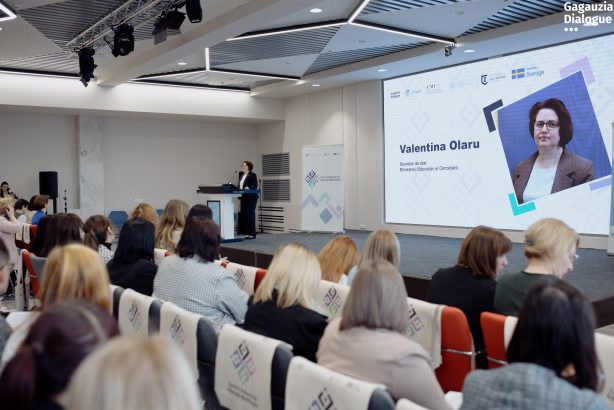
“The launch of the National Center for Multilingual Education marks a defining moment in the modernization of the education system in the Republic of Moldova. The center represents the transition from vision to action, from strategic commitments to concrete mechanisms for the implementation of multilingual education at the national level,” said Valentina Olaru, State Secretary at the Ministry of Education and Science.
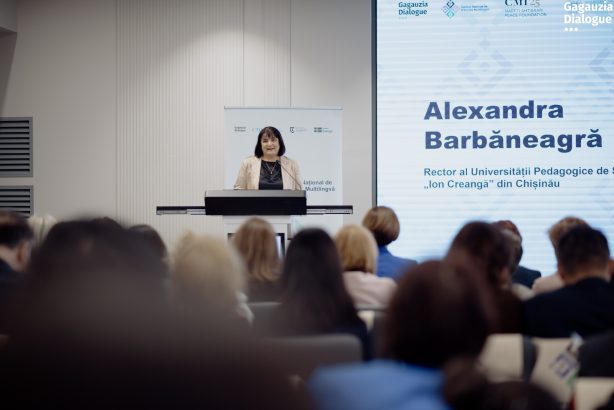
“We are pleased to launch the first National Center for Multilingual Education in the country. We consider this project to be an important event not only at the institutional level, but for the entire education system in the Republic of Moldova, a step towards the development of an inclusive, modern, and future-oriented educational process,” said Alexandra Barbaneagra, rector of the Ion Creangă Pedagogical University in Chișinău.
The Center’s core mission is to promote multilingual education, strengthen national capacity through research, training, and exchange of best practices, and empower teachers, students, and experts to become promoters of multilingual education.
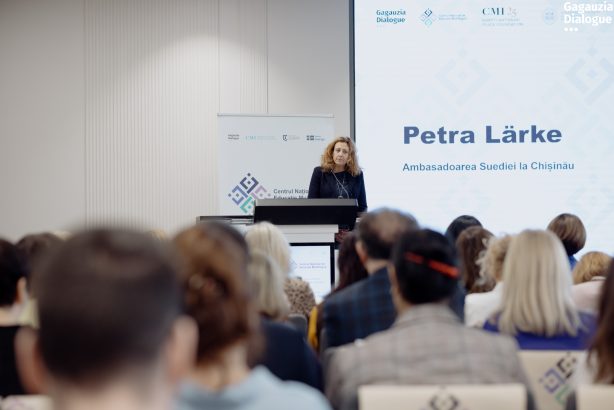
“The establishment of the National Center for Multilingual Education is an important step in supporting multilingual education in the Republic of Moldova, strengthening both educational institutions and broader society. The collaboration between the Ministry of Education and Research, CMI, and the Pedagogical University is a model of interinstitutional cooperation that will benefit teachers, students, and communities across the country,” said Petra Larke, Ambassador of Sweden to Chisinau.
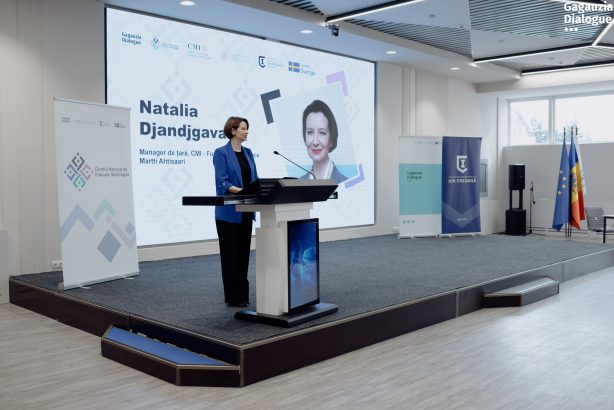
“The launch of the National Center for Multilingual Education comes in response to a clear need for institutionalization and professionalization of multilingual education. For CMI, multilingual education is not just an educational policy, it is a tool for building trust, stimulating dialogue, and strengthening social cohesion between communities,” emphasized Natalia Djandjgava, Country Manager, CMI.
Professors and future teachers will have access to training, mentoring, and modern teaching resources, while educational institutions will benefit from methodological support to adapt their curricula to European standards. The Center will also foster collaboration with civil society and local communities on projects promoting intercultural education and social cohesion.
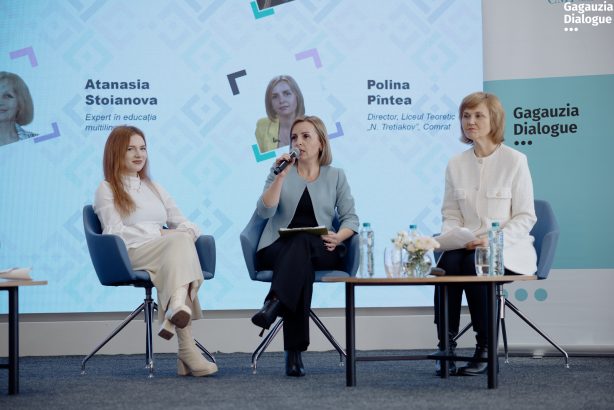
“It is a real pleasure to participate in the inauguration of the center. This center is a really necessity for all educational institutions that are participating or plan to participate in this multilingual education implementation program, in order to have access to methodological support and to exchange valuable experience for teachers,” said Polina Pintea, director of the N. Tretiakov High School in Comrat.
During the event, a Memorandum of Understanding was signed between “Ion Creangă” State Pedagogical University and CMI – Martti Ahtisaari Peace Foundation, through which the institutions strengthen their cooperation in the field of training and research dedicated to multilingual education.
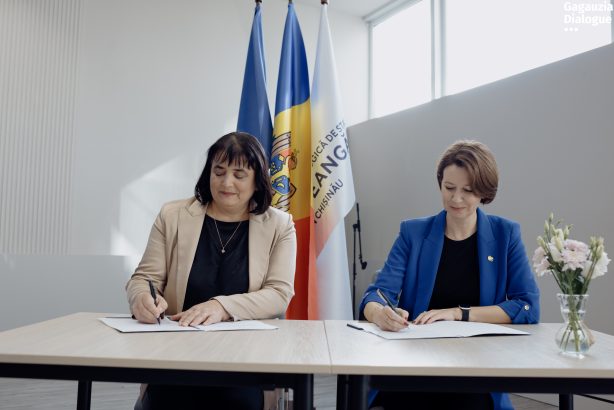
The initiative contributes to the development of open, modern, and inclusive education that reflects the cultural and linguistic diversity of the Republic of Moldova and promotes a society in which linguistic diversity becomes a resource for social inclusion and cohesion.
The opening of the Center was made possible thanks to the support of Sweden within the framework of the “Gagauzia Dialogue” project implemented by CMI. The project aims to contribute to establishing a constructive and sustainable dialogue between national and local authorities by strengthening institutions and capacities, bringing together experts, representatives of academia, and stakeholders.


